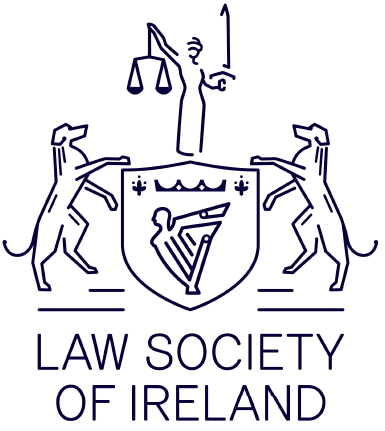Our work life has changed drastically over the last decade. Whilst the advancements in technology and the advent of broadband is largely welcomed, the level of connectivity it has created today’s society has made it difficult for some to have a life away from work.
This aspect of today’s society is further exacerbated by the growth of globalisation which encourages companies to provide a 24/7 service to their clients and customers resulting in long hours, unrealistic targets and a culture of expectation – the effects of which has been huge increase in work-related stress. Although not as visible as some other injuries, stress can have a huge impact on a person’s wellbeing and can lead to serious ill health – either psychologically with symptoms such as anxiousness, depression, or fear, or physically with symptoms high blood pressure, or heart palpitations.
Stress can be classified as a personal injury when it manifests itself in a physical or psychological form. If employers fail to protect their employees from such injuries, they may be exposed to a personal injuries claim for compensation.
OCCUPATIONAL STRESS VS WORK-RELATED STRESS
Making a claim for personal injury arising out of workplace stress is not as straight-forward as other personal injuries. The first complication that arises is that Irish law finds a distinction between ‘occupational stress’ and ‘work-related stress’.
‘Occupational stress’ is not an actionable wrong as it is considered a simple fact of one’s work life. The courts in Ireland consider that a certain amount of stress will inevitably attach to certain jobs and, because of this, occupational stress cannot give rise to a successful legal action.
‘Work-related stress’ however is considered an actionable wrong. This type of stress is one that is ‘inflicted’ on an employee or is made worse by the actions or inaction of an employer. Types of work-related stress include:
HOW TO IDENTIFY A GENUINE WORK-RELATED STRESS CLAIM
Due to their nature, work-related stress claims are difficult cases to identify. The reason for this difficulty lies in the fact that the distinction between ‘occupational stress’ and ‘work-related stress’ discussed above is highly nuanced. Although the following is by no means a comprehensive list, the following elements must be met for a successful claim for personal injuries arising out of workplace stress:
- There must an injury, diagnosed by a qualified medical professional.
- The injury must be attributable to workplace stress.
- There must be some form of negligence on the part of the employer which brought about or exacerbated such stress.
- The employer must have reasonably foreseen that such stress would arise. A complaint made by an employee is enough to put the employer on notice in this regard.
TAKING A WORK-RELATED STRESS CLAIM
Once a genuine work-related stress claim has been identified, the process for taking such a claim is identical to any other personal injuries claim. You can read more about taking a personal injury claim.
GET IN TOUCH
Due to the nuances in Irish law relating to work-related stress claims and the complexity that arises therefrom, it is in your best interests to speak to an experienced employment law solicitor. Our trusted employment law solicitors understands the impact such injuries can have on a person and their family life and that’s why we’ll do everything we can to help you get the compensation you deserve.
If you would like to discuss how we can help you or if you would like to avail of a free, no obligation consultation, call O’Brien & Company Solicitors on (01) 874 6959.








